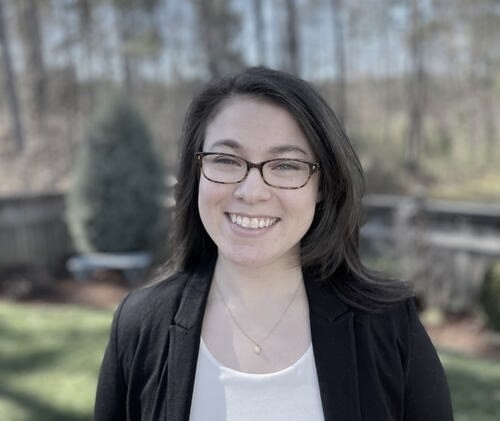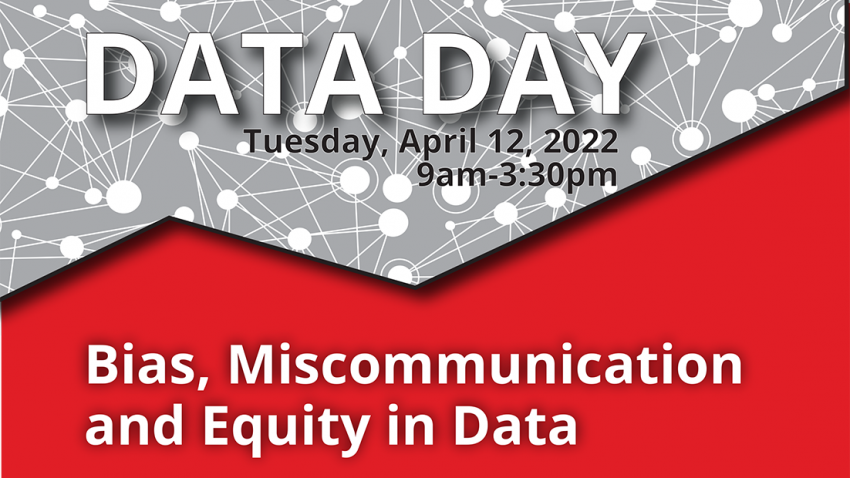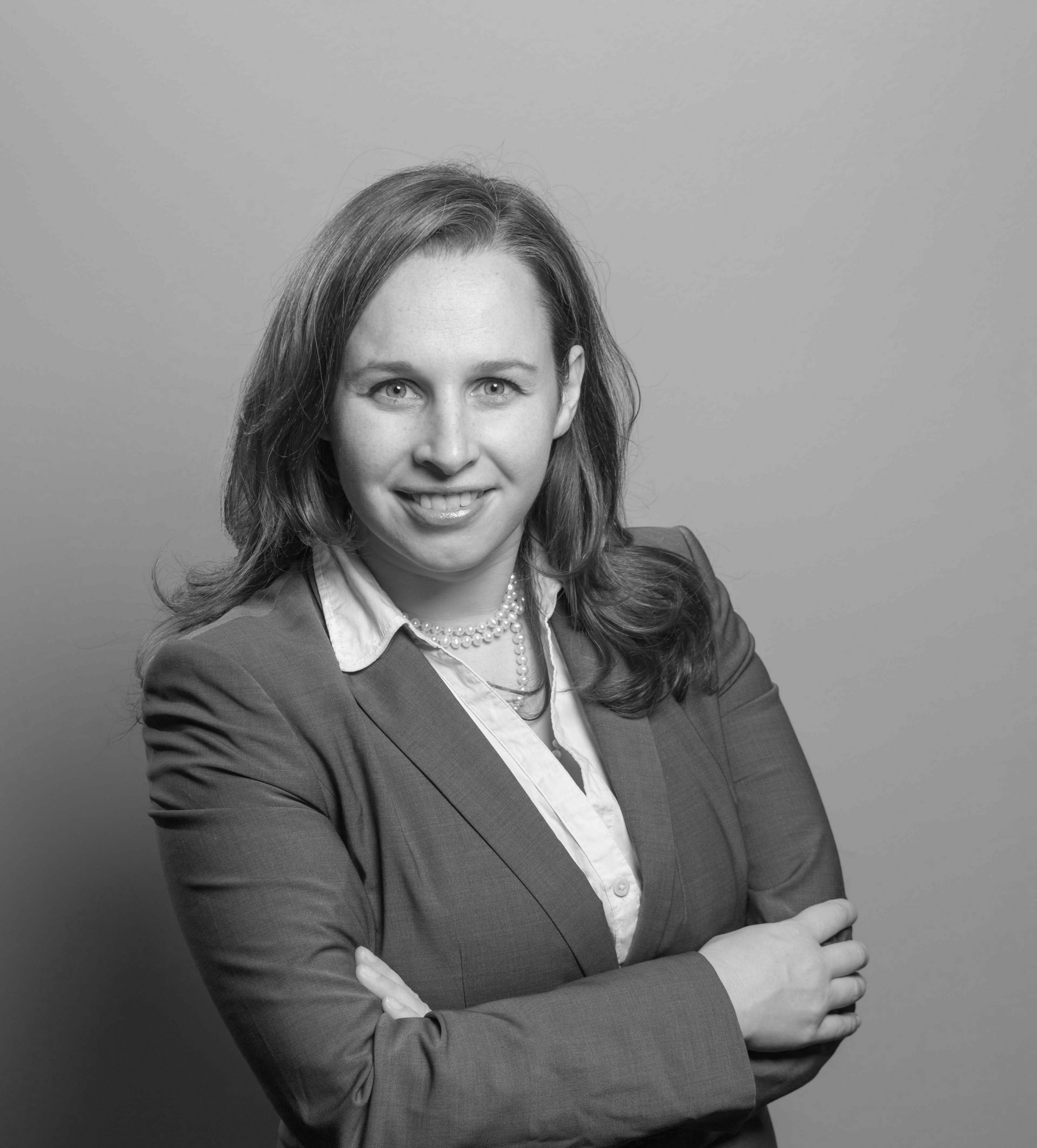On Oct 23rd UC Libraries and IT@UC partnered for the 5th UC Data Day. This year’s all virtual event featured, two power sessions, a Keynote by Glenn Ricart of US Ignite, and an interactive panel session of multidisciplinary faculty.
The event started with the first power session by George Turner, Indiana University’s (IU) Chief Systems Architect with IU’s Pervasive Technologies Institute (PTI). Mr. Turner led participants through an introduction to high performance computing and demonstrated how to access the UC Advanced Research Computing (ARC) system.
Erin McCabe, Digital Scholarship Fellow with UC Libraries Digital Scholarship Center (DSC) led the second session on text mining and natural language processing. Both sessions had a hands-on component with participants accessing the ARC system as well as engaging with the DSC platform for text mining.
Glenn Ricart of US Ignite gave a keynote address steeped in his own personal data that highlighted how much data one individual creates and how this data is being used to make policy decisions, drive business and help us image the future. He also discussed the problems of our dependence on data and possible pitfalls and wrongdoings.
The closing session of the day was the interactive panel moderated by Michael Dunaway, PhD (UC Executive Director of the Digital Futures Resilience Program). Dr. Dunaway started us off by asking two questions:
- How is ubiquitous data changing your work as a Researcher, Educator, and/or Clinician, and its contribution to society?
- How is ubiquitous data changing society and shaping our sense of community?
Six faculty from very different disciplines who use data in very different ways shared their perspectives on the keynote and the state of data literacy education at UC. Glenn Ricart also participated in the discussion and affirmed the conclusions that was best stated by Whitney Gaskins (CEAS Assistant Dean and Assistant Professor- Office of Inclusive Excellence & Community Engagement) when she said “We need to educate students to be more numbers literate.” Dr. Achala Vagal (MD, Radiology) expressed that the amount of data will only continue to grow per the example of medical imaging data and its storage needs. Zvi Biener, PhD (Associate Professor Philosophy| History | Judaic Studies department, and the Center for Public Engagement with Science) highlighted how the approach to evaluating data changed with Newton, and we have to continue to question if we are truly gaining knowledge from all the data generated. Both Prashant Khare (Asst. Professor, CEAS Aerospace Eng & Eng Mechanics, Chair, Advanced Research Computing (ARC) center) and Sam Anand (Professor, CEAS ME, Director – Siemens PLM Simulation Technology Center) discussed the need for jobs to adapt to the data rich environment and that if we are educating our students to be more numbers literate, they will cope better in the future work environment. The panelists, Glenn Ricart and Michael Dunaway guided us through the changing and complex data rich world we now find ourselves and left us much to think about as to how our institute and community can face the challenges and ultimately benefit from this new environment.
Videos from the day are available on the STRC youtube page, as well as archived in a Data Day collection 2020 in UC’s institutional repository Scholar@UC. We invite you to review the sessions and continue the dialogue at AskData@uc.edu or attend an upcoming Data and Computational Science series event.



